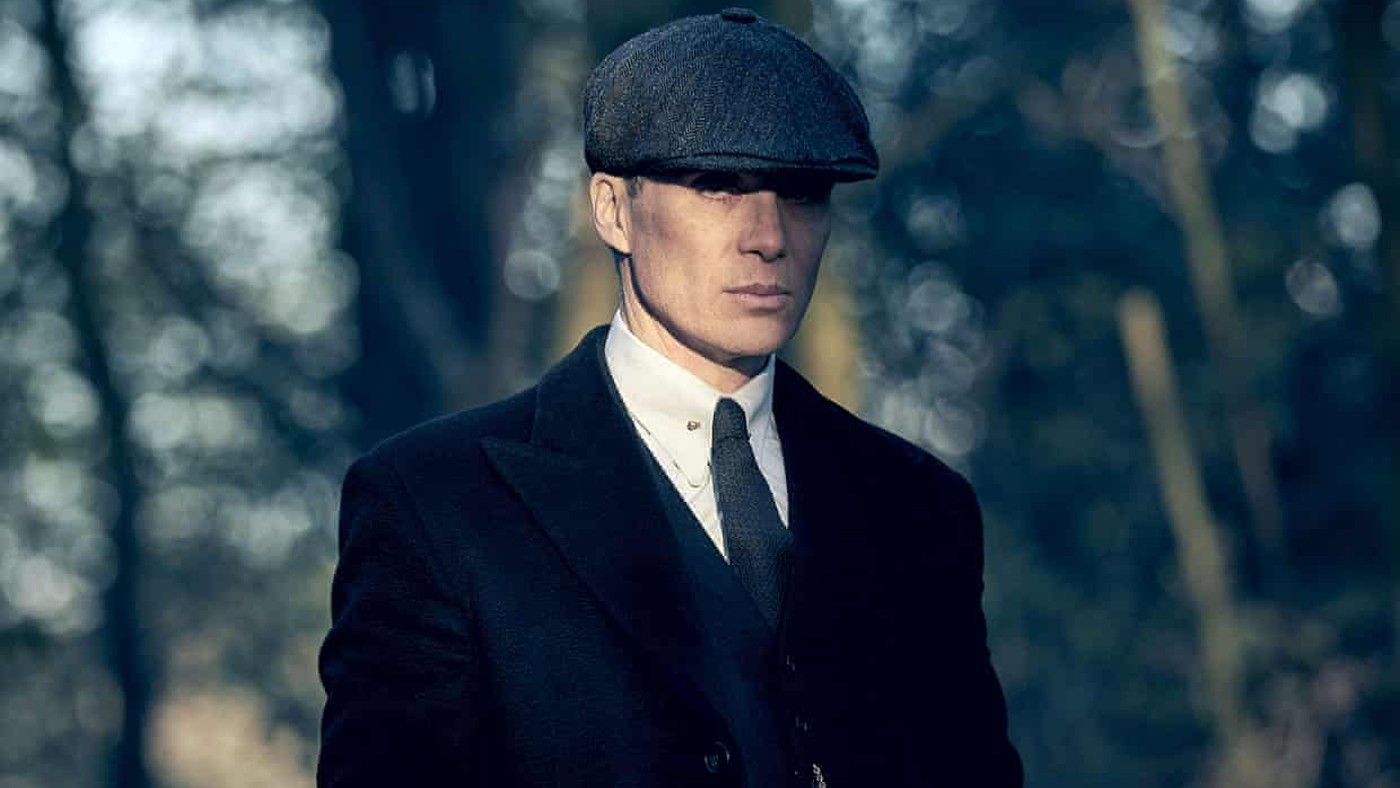Peaky Blinders: the drama that transformed the image of Birmingham
Critics mourn the end of one of the most distinctive shows in recent British TV history

A free daily email with the biggest news stories of the day – and the best features from TheWeek.com
You are now subscribed
Your newsletter sign-up was successful
After nine years, the final series of Peaky Blinders is here, said Ed Cumming in The Independent. A film spin-off is in the pipeline, but as far as the small screen is concerned, this is the finale; the end of one of the most distinctive dramas in recent British TV history.
A hit all over the world, Peaky Blinders has been such a phenomenon that it’s easy to forget what an “unpromising prospect” it seemed at first: a “stylised epic British gangster western, set in under-loved Birmingham in the years after the First World War, with abundant violence, drink, drugs, fags and sex” – all set to a modern rock soundtrack.
Although it is not filmed in Birmingham, Peaky Blinders has transformed the city’s image, and put the entire region on the global tourist map; but to me it has been most valuable as a “sartorial reproof to our disgusting era”, said Stuart Jeffries in The Guardian.
The Week
Escape your echo chamber. Get the facts behind the news, plus analysis from multiple perspectives.

Sign up for The Week's Free Newsletters
From our morning news briefing to a weekly Good News Newsletter, get the best of The Week delivered directly to your inbox.
From our morning news briefing to a weekly Good News Newsletter, get the best of The Week delivered directly to your inbox.
What a joy it’s been to see “Beau Brummies strut their heteronormative, masculinist stuff” season after season. The show’s creator and writer Steven Knight has given Brum swagger. I doff my cap to him.

The “very sad question” hanging over the new series, said Carol Midgley in The Times, was how it would deal with the death of Helen McCrory, who was so brilliant as the fearsome Polly Gray. The answer was “with class, something McCrory had in bucketloads”.
In the opening scenes, Polly’s body was delivered to crime boss Tommy Shelby (Cillian Murphy), who had been punished for caring so deeply about her. The drama then skipped forwards to 1933. It was elegantly done; but McCrory’s absence still left a terrible hole.
A free daily email with the biggest news stories of the day – and the best features from TheWeek.com
-
 The problem with diagnosing profound autism
The problem with diagnosing profound autismThe Explainer Experts are reconsidering the idea of autism as a spectrum, which could impact diagnoses and policy making for the condition
-
 What are the best investments for beginners?
What are the best investments for beginners?The Explainer Stocks and ETFs and bonds, oh my
-
 What to know before filing your own taxes for the first time
What to know before filing your own taxes for the first timethe explainer Tackle this financial milestone with confidence
-
 A thrilling foodie city in northern Japan
A thrilling foodie city in northern JapanThe Week Recommends The food scene here is ‘unspoilt’ and ‘fun’
-
 Tourangelle-style pork with prunes recipe
Tourangelle-style pork with prunes recipeThe Week Recommends This traditional, rustic dish is a French classic
-
 Samurai: a ‘blockbuster’ display of Japan’s legendary warriors
Samurai: a ‘blockbuster’ display of Japan’s legendary warriorsThe Week Recommends British Museum show offers a ‘scintillating journey’ through ‘a world of gore, power and artistic beauty’
-
 BMW iX3: a ‘revolution’ for the German car brand
BMW iX3: a ‘revolution’ for the German car brandThe Week Recommends The electric SUV promises a ‘great balance between ride comfort and driving fun’
-
 Arcadia: Tom Stoppard’s ‘masterpiece’ makes a ‘triumphant’ return
Arcadia: Tom Stoppard’s ‘masterpiece’ makes a ‘triumphant’ returnThe Week Recommends Carrie Cracknell’s revival at the Old Vic ‘grips like a thriller’
-
 My Father’s Shadow: a ‘magically nimble’ love letter to Lagos
My Father’s Shadow: a ‘magically nimble’ love letter to LagosThe Week Recommends Akinola Davies Jr’s touching and ‘tender’ tale of two brothers in 1990s Nigeria
-
 Send Help: Sam Raimi’s ‘compelling’ plane-crash survival thriller
Send Help: Sam Raimi’s ‘compelling’ plane-crash survival thrillerThe Week Recommends Rachel McAdams stars as an office worker who gets stranded on a desert island with her boss
-
 Book reviews: ‘Hated by All the Right People: Tucker Carlson and the Unraveling of the Conservative Mind’ and ‘Football’
Book reviews: ‘Hated by All the Right People: Tucker Carlson and the Unraveling of the Conservative Mind’ and ‘Football’Feature A right-wing pundit’s transformations and a closer look at one of America’s favorite sports